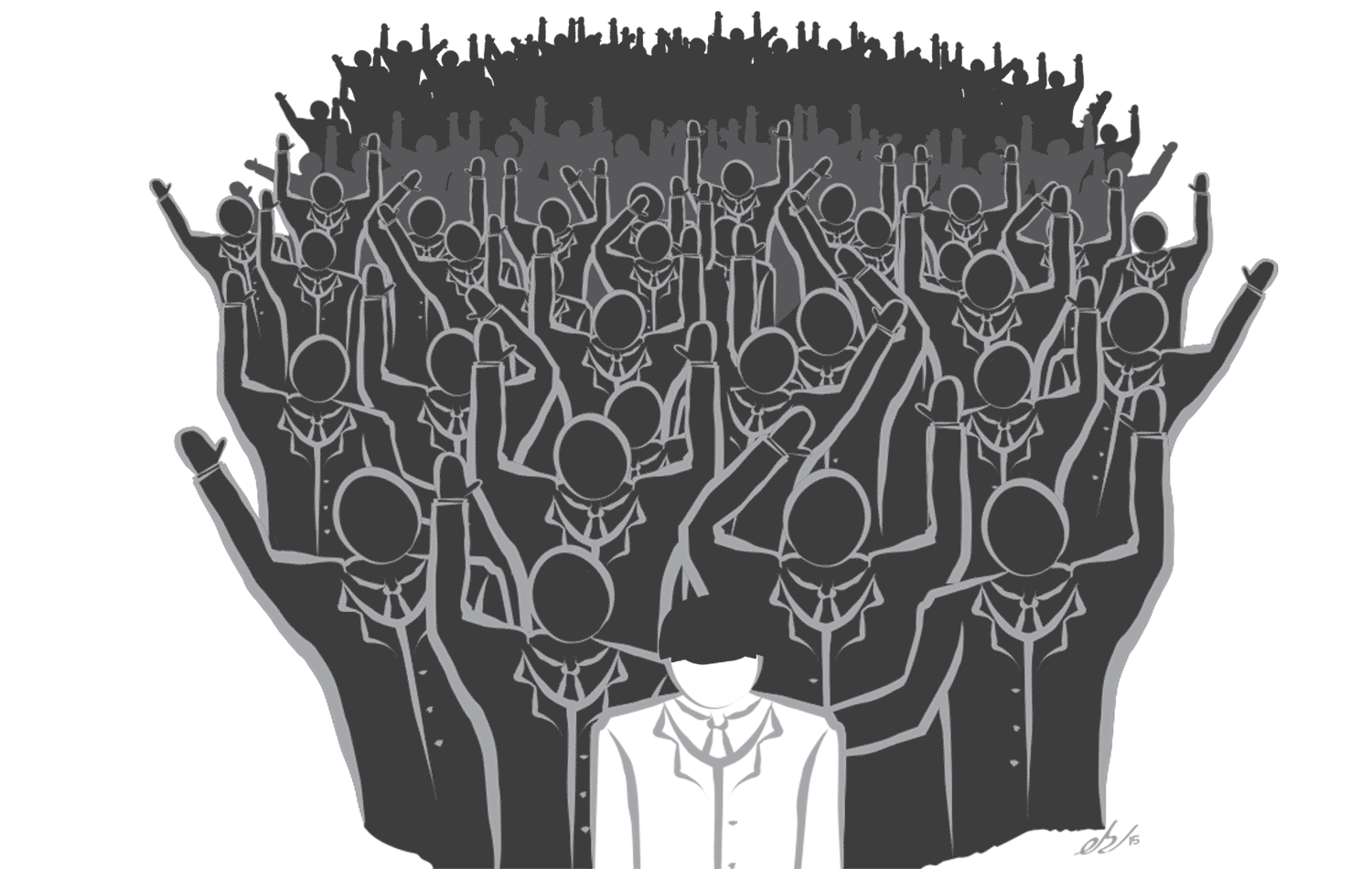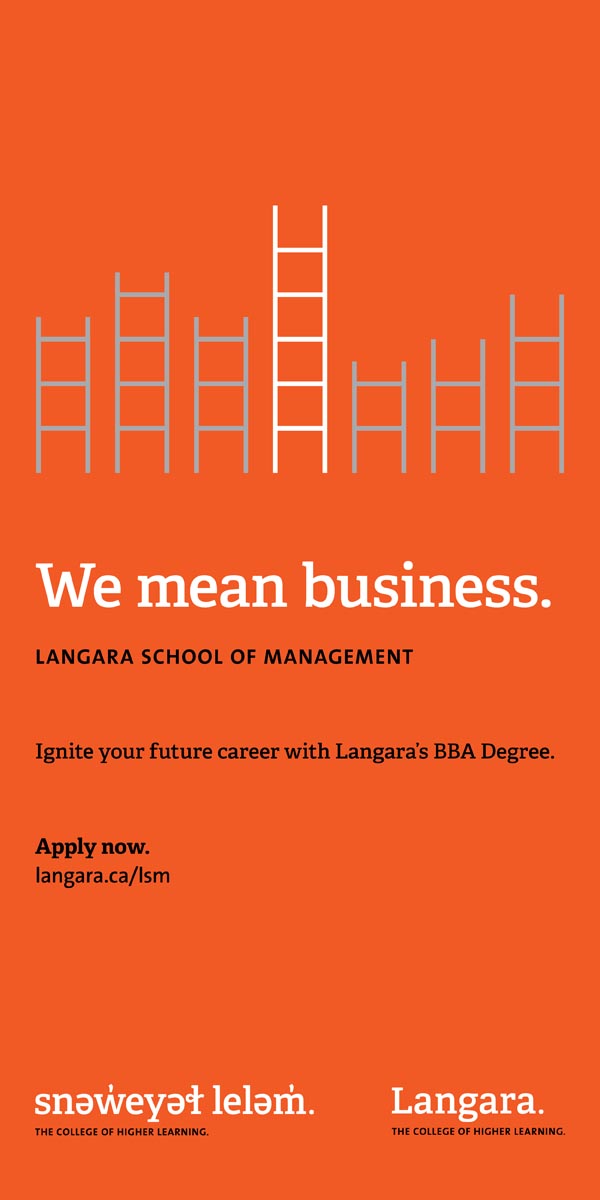Job-hunting may be stressful for many people, but in Japan, it can be a matter of life and death. In 2013, The Japan Times presented a survey conducted by Lifelink, a non-profit group, that states one in five Japanese college students contemplates suicide during the job-hunting process.
Students in Japan feel immense pressure to succeed because of the traditional recruitment culture, wherein Japanese companies conduct a mass recruitment process that targets up-and-coming university graduates. New graduates, therefore, feel they only have one chance to jump-start their careers.
Strict Deadlines
Prior to 2015, students were expected to start job-hunting in the latter half of their third year of post-secondary schooling, but a new rule (announced by the Japanese government in June 2013) may make this process even more stressful by shortening the recruitment period. Starting in 2015, the recruitment process will target students in their fourth year and will be shortened by three months. Although this may give students more opportunity to focus on their studies, it adds pressure because students will have less time to secure a job.
The screening stages for employment recruitment, such as entry sheet submissions (applications), written exams, and interviews, are pre-set and announced during the information sessions that mark the start of the job-hunting process.
Unique Etiquette
Applicants must meet various requirements in order to be successful. These include wearing only navy blue, black, or dark grey suits, having a natural hair colour (nothing too light), having professionally-taken headshots, using honorific speech (language that shows respect, especially to elders and social superiors), and bowing at a 15 degree angle. “Cram schools” that specialize in teaching recruitment etiquette help students prepare for their interviews.
Limited Room for Change
Since companies hire mostly new graduates, trying to change jobs after being hired can be challenging. Therefore, the idea of dedicating one’s career to a single company is common.
Minori Nakane, an international student at Langara College in Vancouver, has not yet experienced job-hunting in Japan, but already considers the process intimidating. “From what I hear, there is no guarantee that what you study or major in at university will be related to your job. For students who are studying their interest, this can be stressful,” Nakane says.
Kai Mitobe, another international student at Langara, compares the differences between job-hunting in Canada and Japan: “I think it is not as hierarchical in Canada. Job-hunting in Canada is not based on your age but rather on your skills and how you take initiative in marketing yourself to the company.”
According to Japan’s National Police Agency, the rate of suicides among those who failed to find employment increased 2.5 times from 2007 to 2012. Additionally, a 2014 survey conducted by the Government of Japan’s Cabinet Office states that approximately 70 percent of students are concerned that it will be more difficult to find a job with the shorter hiring process.
As job-hunting continues each year, students will suffer from high levels of stress. Finding employment is a priority, but there needs to be more of a focus on students’ mental health.











